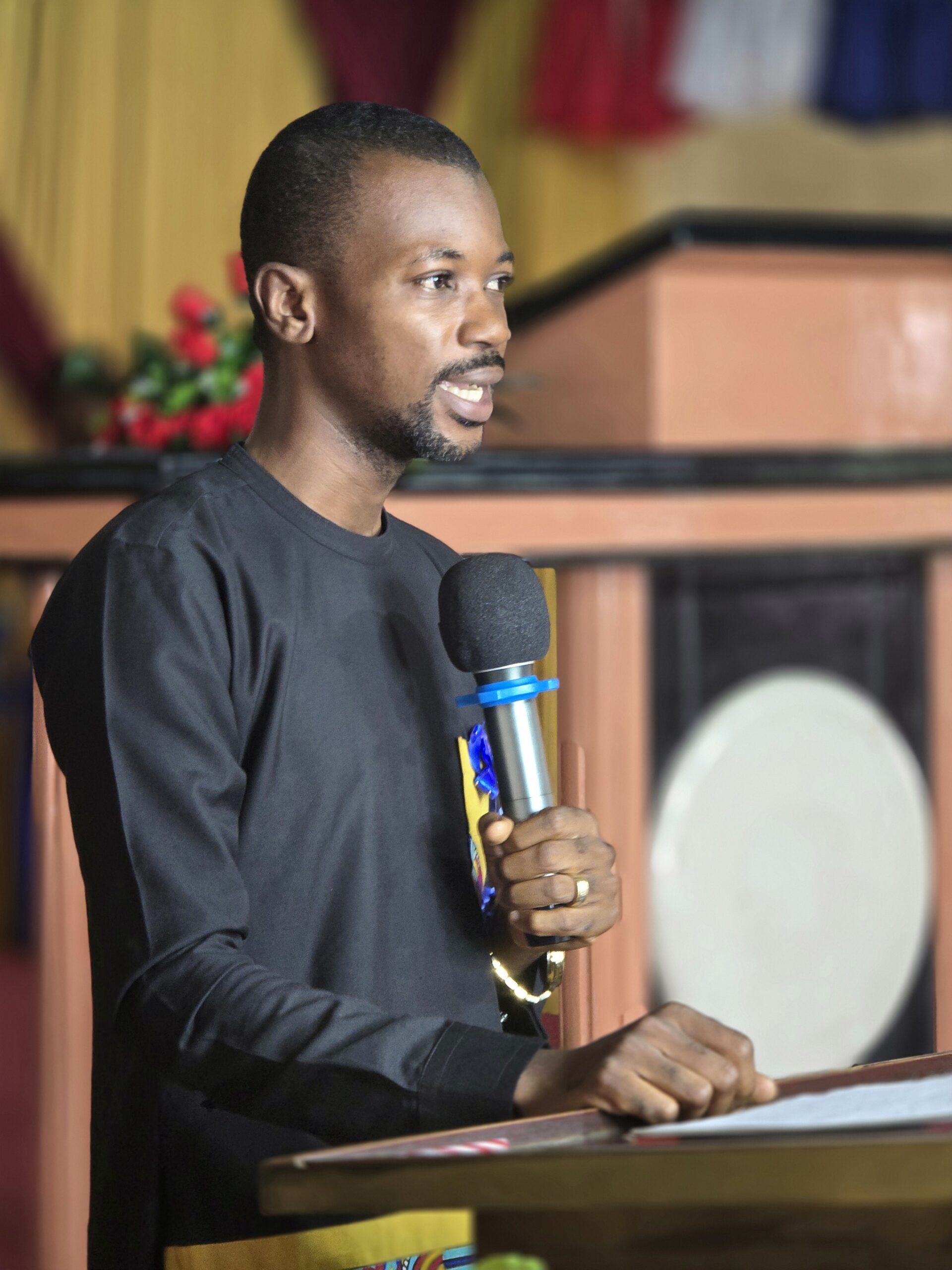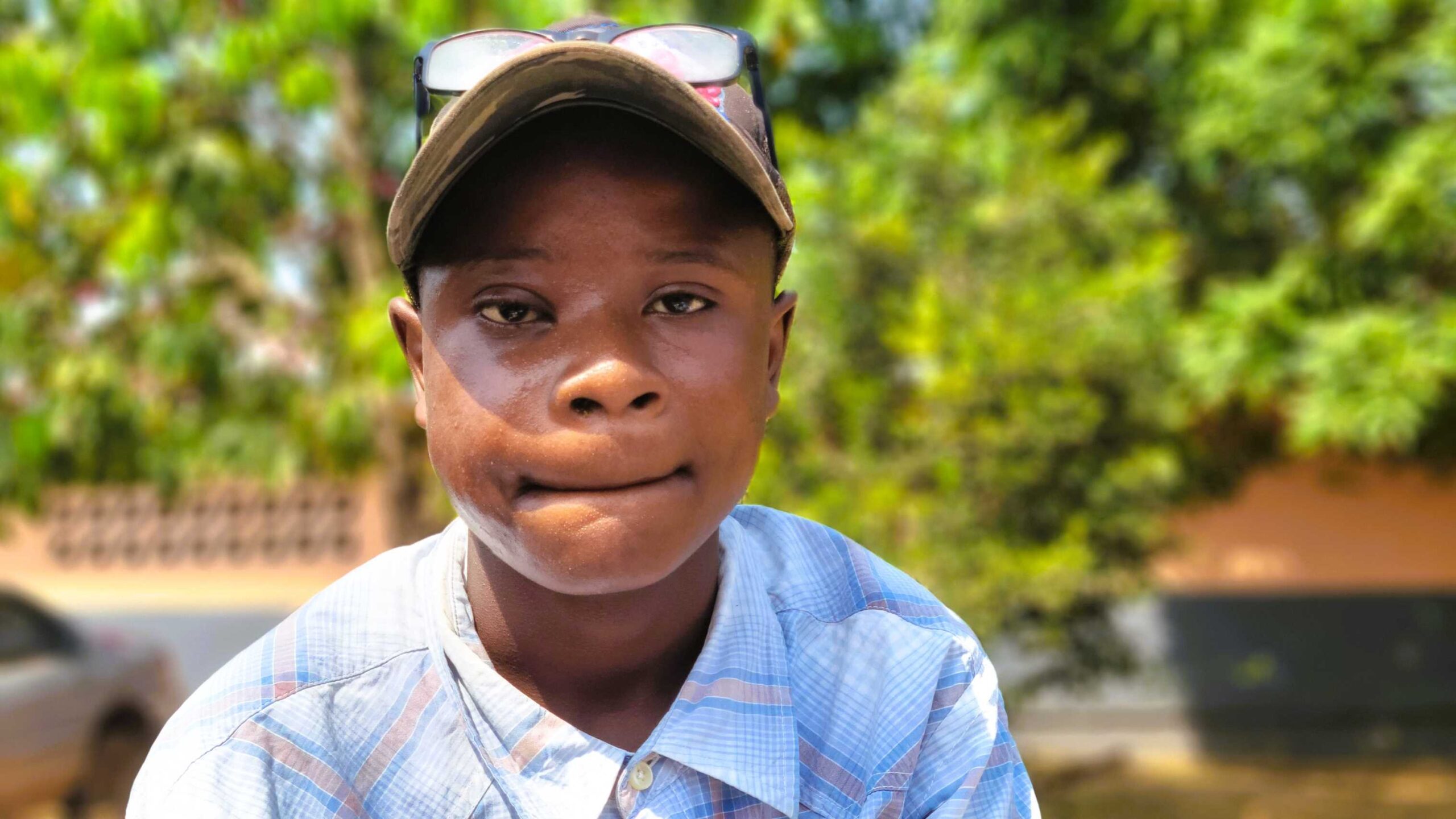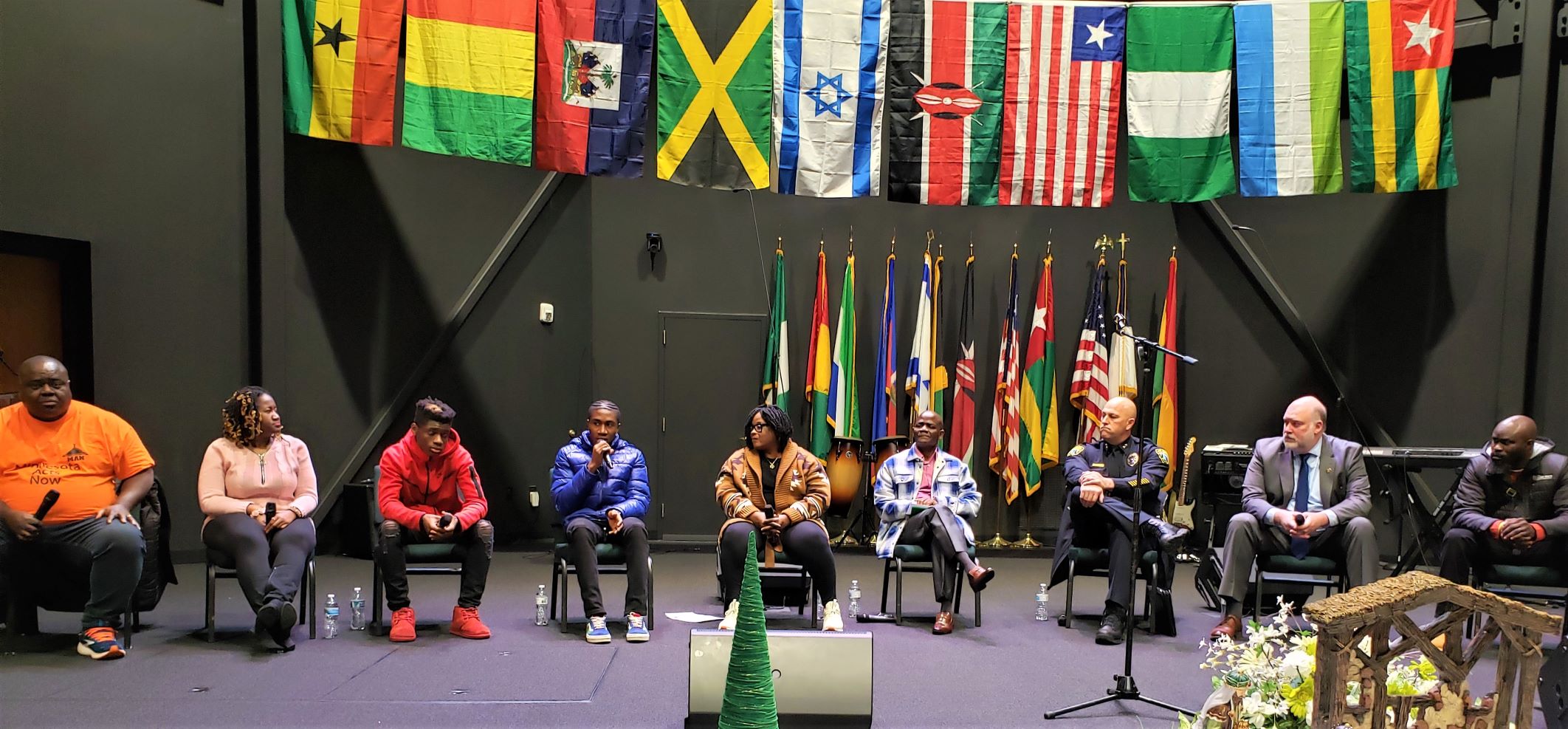In the U.S., youth gangs & gun violence finally reach to the doorsteps of Liberians!
…Parents, youths and law enforcement agencies hold a round-table discussion.

By James Kokulo Fasuekoi|Editor-Publisher
In the United States, discussions pertaining to youth gun violence, gang’s life, or illegal drug use among teenagers are synonymous to debating gun law and can be as difficult as an attempt to cross the Rubicon.
Immigrant Liberians discovered this truth last December during a meeting at Ebenezer Community Church in Brooklyn Park, MN. The gathering was meant to find a resolution to the soaring gang lifestyle, gun violence, plus obsessive illegal drug use among Liberian youths here.
The meeting had been prompted by a recent surge in gang related violence, mainly in the Midwest which left many people, including Liberian teens, dead. Panelists included social workers, community activists, detectives, a pastor, as well as two Minnesota Liberian youths who had previously associated with the gang.
Speakers after speakers lamented the brutal murdered of someone they knew-like a family member, friend, schoolmate or a neighbor. They all tied those brutal crimes largely to teens’ use of drugs and their refusal to remain under parental guidance and thus condemned recent youths’ gun violence.
At the meeting testimonies also came from young Liberian girls who said they suffered some trauma after they witnessed the murders of their friends, relatives, or schoolmates. Such trauma, in some cases, became severe, depending on their close relations with victims or the shooters, and their lives have never been the same since.

But like the rest of the array of speakers or panelists, they rarely offered any concrete solutions to alleviate youth gangs and gun violence beyond the endless lamination. Besides, for half of the event, no speaker cited the need for parents, pastors, law and enforcement officers to turn to God’s Word in their attempt to rescue the affected youths.
On the same night of the meeting a Liberian immigrant man, age 25, allegedly stabbed his own mother to death in North Dakota’s Moorhead. Police later arrested the alleged killer, identified as James Kollie, and took him into custody while awaiting trial soon, according to an online publication.
In yet another homicide, in North Dakota, another immigrant Liberian, Arthur Kollie (not related to James Kollie), received a “life” sentence last October for reportedly “strangling and stabbing” to death in June 2021, 14 year-old Jupiter Paulsen, reports the INFORUM online website.
In years long past, the news of “drugs, gun violence and gang life” was something thought to be limited only to “Black-Americans and their neighborhoods”, recounted one young Liberian-American lady whose friends had fallen to gun violence.
But now, she recorded, “those very acts have now reached the doorsteps of Liberians” in the U.S. Much of the engagement was restricted to a select-youth group in the audience. The attendance of youths, the “targeted” audience, was very poor.
Scores of young Liberian men presently engaged, or were previously involved in gang-gun violence in Minnesota and other parts of the U.S. are mostly kids of immigrant Liberians who fled from the bloody Liberian civil wars of the 90s and 2000s.
On arrival to the U.S., rather than attend school and settle for a fabulous career, most immigrant youths took advantage of their new found “freedom” or “free life” they met here, aware that their parents held limited power to exert control over them.
By their rebellious “spirit” they hooked up with the “wrong friends” who often led them into engaging in illicit drug use and that eventually caused many to turn to the commission of all sorts of crimes in order to support their loose lifestyles.
Note: Banner photo of the panelists, including two Liberian-immigrant youth ex-gang members (3rd and 4th-from left-wearing red and blue jackets) shared personal experiences with audience.











